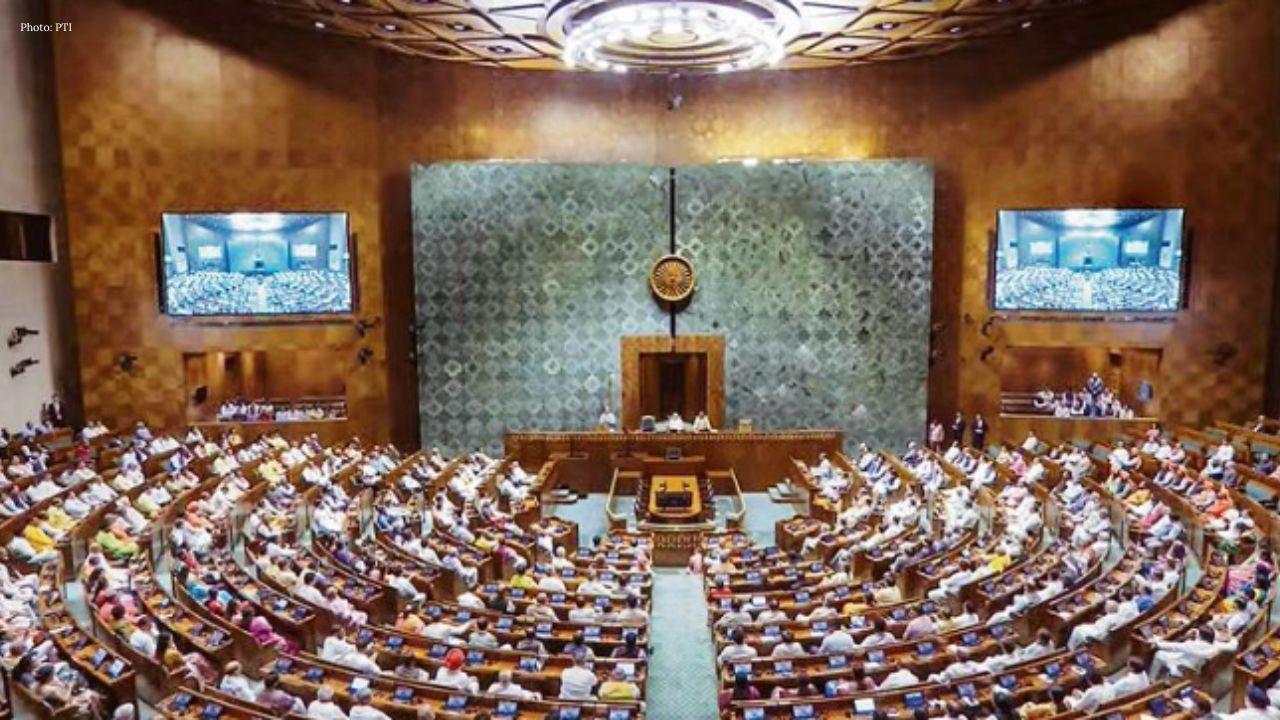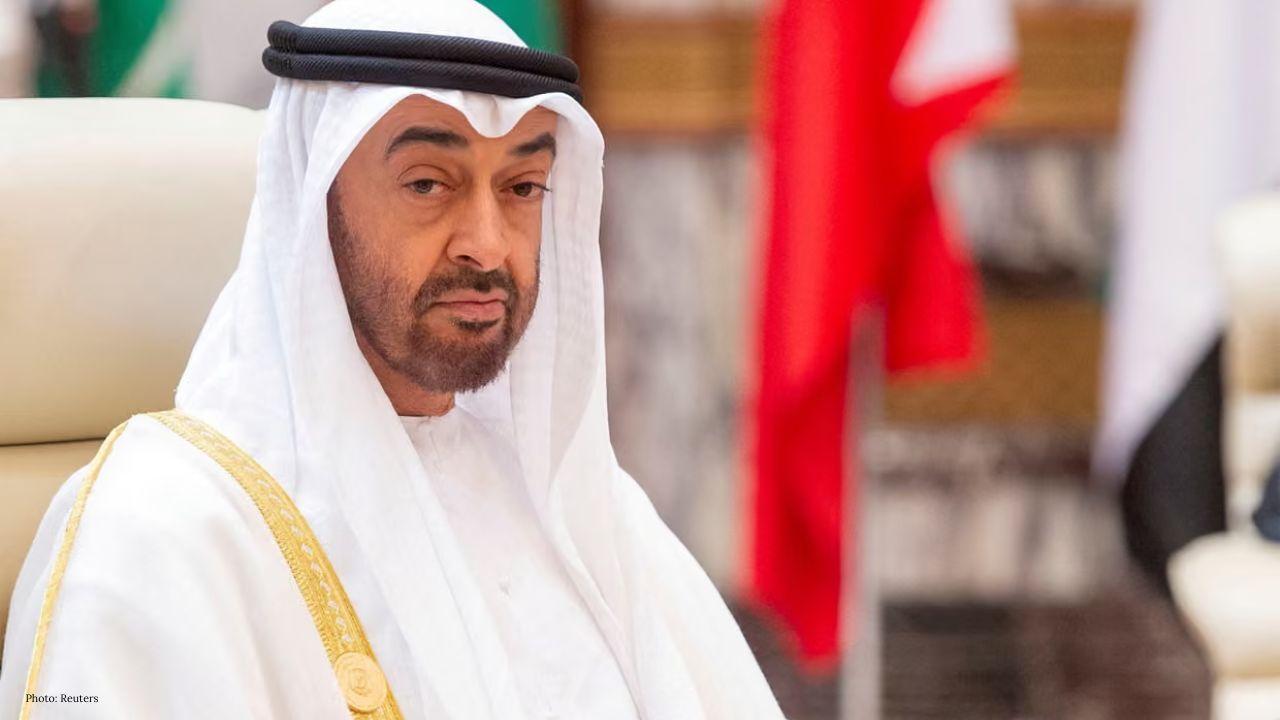You have not yet added any article to your bookmarks!

Join 10k+ people to get notified about new posts, news and tips.
Do not worry we don't spam!

Post by : Anis Farhan
Every year on October 2nd, India pauses to honor the birth anniversary of Mohandas Karamchand Gandhi, fondly known as Mahatma Gandhi. Gandhi Jayanti is not only a national holiday in India but also a day of reflection for millions around the world who admire his teachings. Recognized globally as the apostle of peace and nonviolence, Gandhi’s life and philosophy continue to inspire movements for justice and freedom even today.
In 2007, the United Nations declared October 2nd as the International Day of Nonviolence, further cementing Gandhi’s place as a global icon. His message that lasting change can be achieved through truth (satya) and nonviolence (ahimsa) is timeless, making Gandhi Jayanti an occasion that transcends borders and cultures.
Born in 1869 in Porbandar, Gujarat, Gandhi’s early life was marked by simplicity and discipline. After studying law in London, he practiced in South Africa, where he first encountered racial discrimination. This experience shaped his resolve to fight injustice through peaceful resistance, laying the foundation for his lifelong philosophy of satyagraha.
On returning to India in 1915, Gandhi became the face of the freedom struggle. Through campaigns like the Champaran movement, the Salt March, and Quit India, he mobilized millions without resorting to violence. His ability to transform resistance into a moral crusade made him not just a political leader, but a spiritual guide for the nation.
At the heart of Gandhi’s philosophy were two guiding principles: truth (satya) and nonviolence (ahimsa). He believed that truth was not just about honesty in words but about living with integrity and righteousness. Nonviolence, for Gandhi, was not weakness—it was strength, a powerful weapon capable of dismantling oppression without bloodshed.
His approach inspired leaders across the globe. Martin Luther King Jr. in the United States, Nelson Mandela in South Africa, and Aung San Suu Kyi in Myanmar all drew from Gandhi’s ideals to lead their struggles. Gandhi proved that moral courage could often outshine military might.
Across India, Gandhi Jayanti is observed with reverence and simplicity. From schools to government institutions, the day is marked with prayer services, speeches, and activities that reflect on Gandhi’s teachings.
Prayer Meetings: At Raj Ghat in New Delhi, Gandhi’s memorial, leaders, and citizens gather for all-faith prayers, singing his favorite hymns like “Raghupati Raghava Raja Ram.”
Educational Programs: Schools organize essay competitions, debates, and skits to teach children about Gandhi’s contributions.
Cleanliness Drives: Inspired by Gandhi’s emphasis on sanitation, cleanliness campaigns are organized across the country.
Peace Marches: Communities hold rallies to spread messages of harmony and unity.
The celebrations remain understated, reflecting Gandhi’s own preference for simplicity and humility.
Gandhi Jayanti is not confined to India. Across the world, cultural organizations, Indian embassies, and global communities mark the day with discussions, lectures, and peace rallies. The United Nations organizes special events promoting nonviolence and conflict resolution.
In countries like South Africa, where Gandhi first shaped his philosophy, October 2nd carries particular significance. Universities, NGOs, and civic groups use the day to remember his struggle against racial injustice. Gandhi Jayanti has become a symbol of global unity, reminding humanity of the universal values of peace and justice.
Though Gandhi lived in the early 20th century, his ideals resonate deeply in the 21st century. In an age marked by political polarization, climate crises, and rising violence, Gandhi’s call for peace and nonviolence feels more urgent than ever.
Peace in Conflicts: His emphasis on dialogue over violence is a lesson for nations grappling with wars and conflicts.
Sustainable Living: Gandhi’s principle of self-reliance and simple living aligns with today’s call for sustainability and environmental protection.
Social Justice: His fight against untouchability and inequality continues to inspire efforts toward inclusivity and human rights.
Ethical Leadership: At a time when corruption often taints governance, Gandhi’s insistence on morality in public life remains a beacon.
Gandhi Jayanti is thus not just a day of remembrance—it is a reminder of the work still to be done to build a just and peaceful society.
The ripple effect of Gandhi’s philosophy has been profound. Civil rights movements around the world adopted his method of peaceful resistance. Martin Luther King Jr.’s civil rights struggle in America borrowed heavily from Gandhi’s playbook, turning nonviolent protests into a transformative force.
In South Africa, Nelson Mandela drew from Gandhi’s experiences in his homeland to fight apartheid. Even today, climate activists, human rights defenders, and peace advocates invoke Gandhi’s methods when resisting injustice.
His influence proves that Gandhi Jayanti is not merely an Indian celebration—it is a day that belongs to the entire world.
Like any historical figure, Gandhi’s legacy is not without debate. Some critics argue that his strategies slowed down India’s independence movement, while others point to his controversial views on caste and race during his early years.
However, Gandhi’s defenders argue that his moral approach gave India a unique path to freedom, one that avoided large-scale bloodshed. His evolution over time also showed his willingness to learn, adapt, and grow. Gandhi Jayanti thus becomes a day to not only celebrate his contributions but also critically reflect on his journey as a human being.
Gandhi placed immense importance on education, advocating for a system rooted in values, practical skills, and moral character. He envisioned Nai Talim or basic education, which emphasized learning through productive work and community living.
On Gandhi Jayanti, many schools revisit these principles, reminding students that education is not merely about academics but about shaping responsible, ethical citizens. Gandhi’s approach to learning still inspires alternative education models worldwide.
While primarily a day of reflection, Gandhi Jayanti also contributes socially and economically. Cleanliness drives initiated on this day contribute to public health. Campaigns promoting handloom and khadi—Gandhi’s symbols of self-reliance—boost local artisans and traditional industries.
The day often sparks conversations about poverty alleviation, rural development, and equitable growth—issues Gandhi devoted his life to. His economic philosophy of Sarvodaya—the welfare of all—remains relevant in tackling modern inequalities.
Cinema, literature, and art frequently revisit Gandhi’s life. Films like Gandhi (1982) and Lage Raho Munna Bhai (2006) revived public interest in his teachings, especially among younger generations. The phrase “Gandhigiri,” popularized by cinema, became a cultural shorthand for resolving issues through kindness and nonviolence.
On Gandhi Jayanti, television channels, museums, and cultural programs highlight documentaries, exhibitions, and plays, keeping the Mahatma’s story alive for the masses.
In a world struggling with extremism, inequality, and climate change, Gandhi’s vision remains profoundly relevant. His insistence on harmony with nature aligns with global sustainability efforts. His principle of nonviolence offers pathways to resolve conflicts that seem otherwise unsolvable.
Gandhi’s emphasis on inner transformation—conquering anger, greed, and hatred—reminds individuals that lasting peace begins within. Gandhi Jayanti is thus not only about honoring a leader but about rethinking our collective future.
Gandhi Jayanti is more than a holiday; it is a call to action. It invites people to reflect on their responsibilities as individuals and as societies. Gandhi’s life was not about perfection but about striving for truth, justice, and compassion in everyday actions.
As the world faces unprecedented challenges, Gandhi’s ideals shine as guiding stars. Celebrating Gandhi Jayanti is not just about remembering the past—it is about shaping the future with the same courage, humility, and moral clarity that defined the Mahatma.
This article is intended for informational and cultural purposes, highlighting the life, values, and significance of Gandhi Jayanti. It does not promote any political or ideological viewpoint but seeks to present Gandhi’s legacy in a historical and social context.










Passengers Urged to Expect Stricter Checks at Thai Airports
Civil Aviation Authority of Thailand issues guidelines for tougher automated screenings in line with

Gold Rises on March 2 Amid Middle East Tensions Safe‑Haven Demand
Spot gold and futures climb sharply to multi‑week highs amid escalating geopolitical conflict while

UK France and Germany Say Ready to Back US Against Iran as Regional Tensions Rise
European powers signal willingness to take defensive action with US as Iran’s missile and drone stri

Iran Strikes Gulf Again Explosions Rock Dubai Doha and Manama as Airports Targeted
Regional conflict escalates after Iran expands strikes across major Gulf cities disrupting travel an

Critically Endangered Sumatran Elephant Calf Found Dead in Tesso Nilo National Park
Preliminary findings suggest fatal leg infection caused by snare wound investigation underway in Ria

IKN Authority Strengthens Local Businesses to Support Nusantara Capital Development
Skill training market access and creative economy programs aim to build a strong local economic ecos